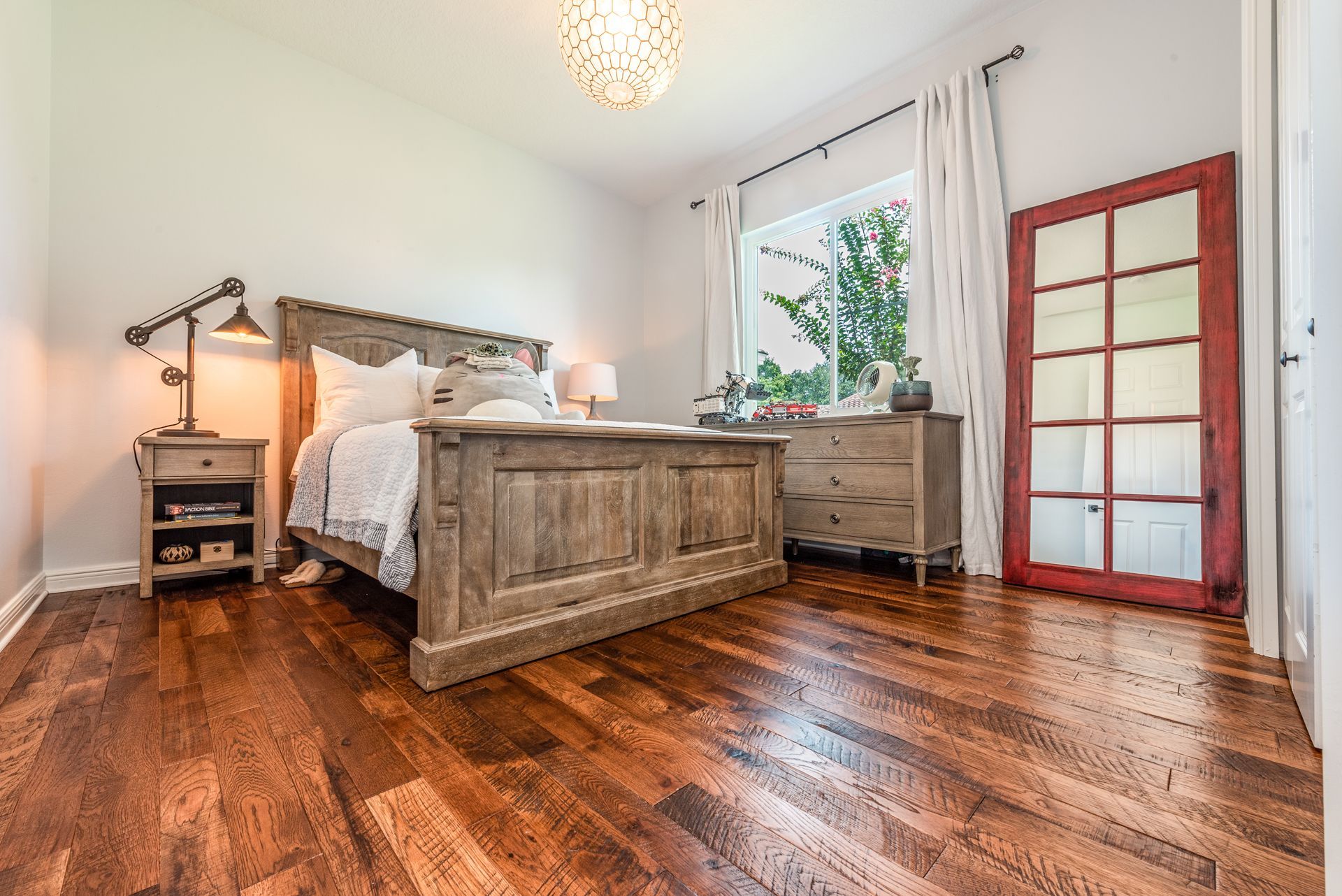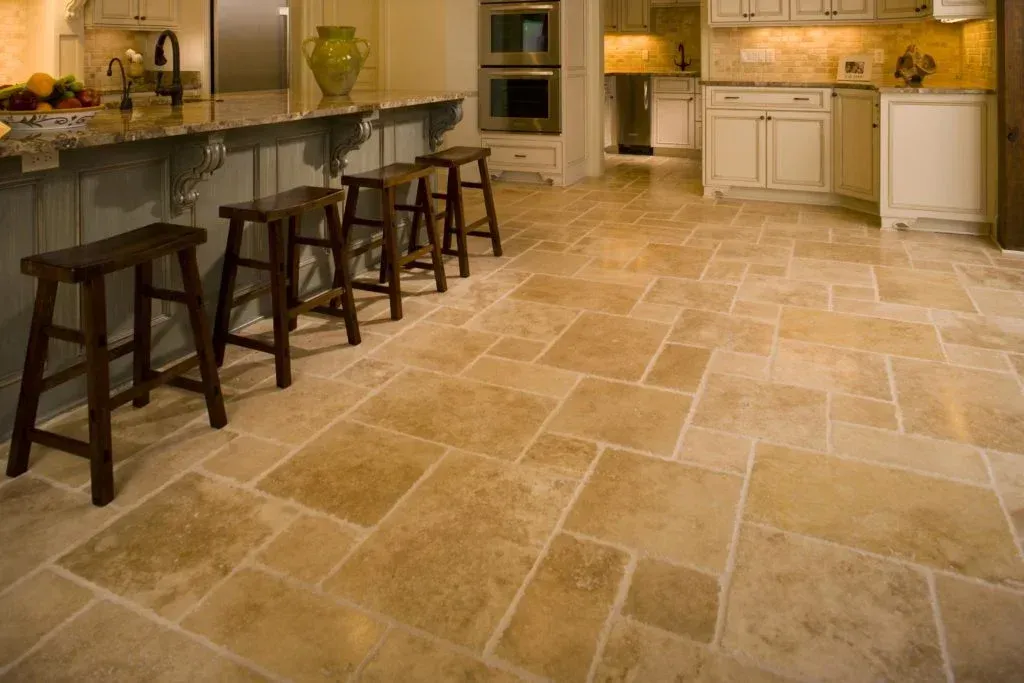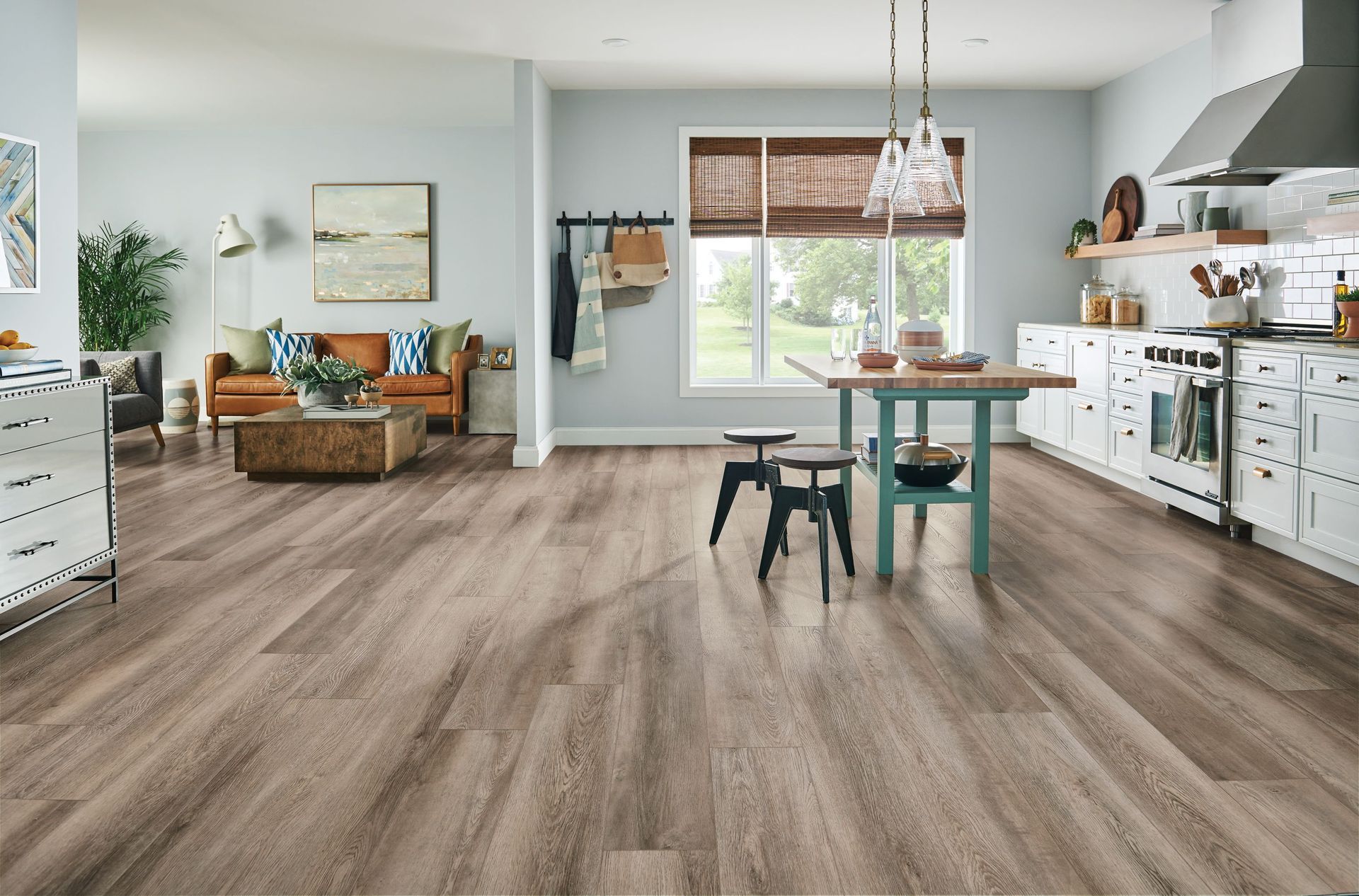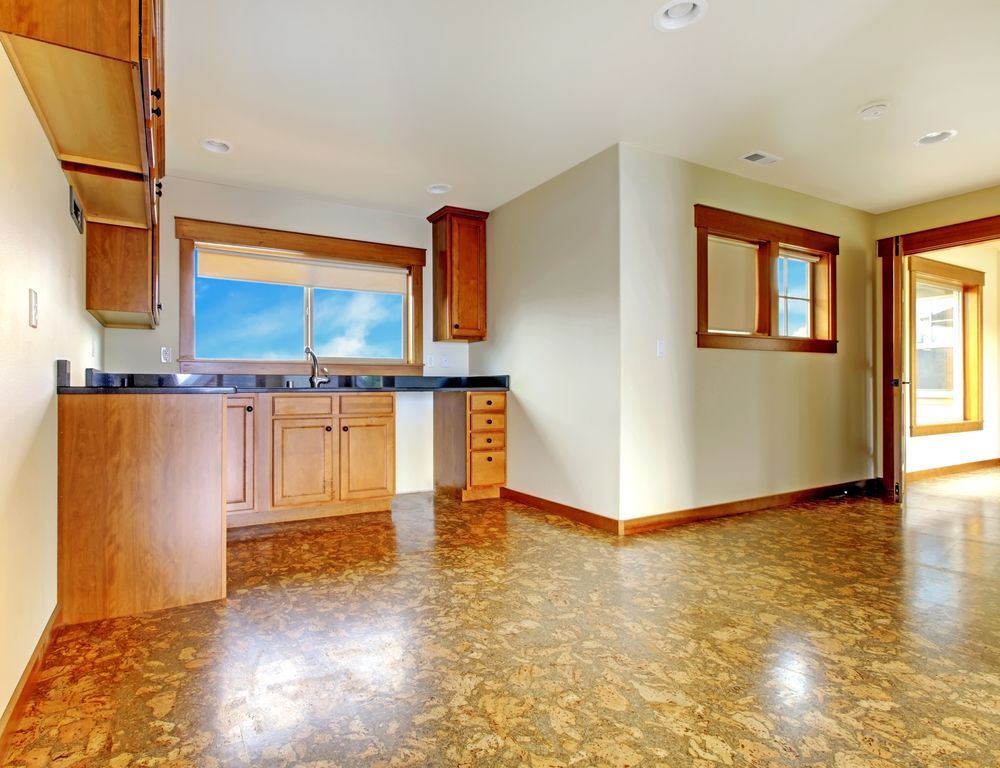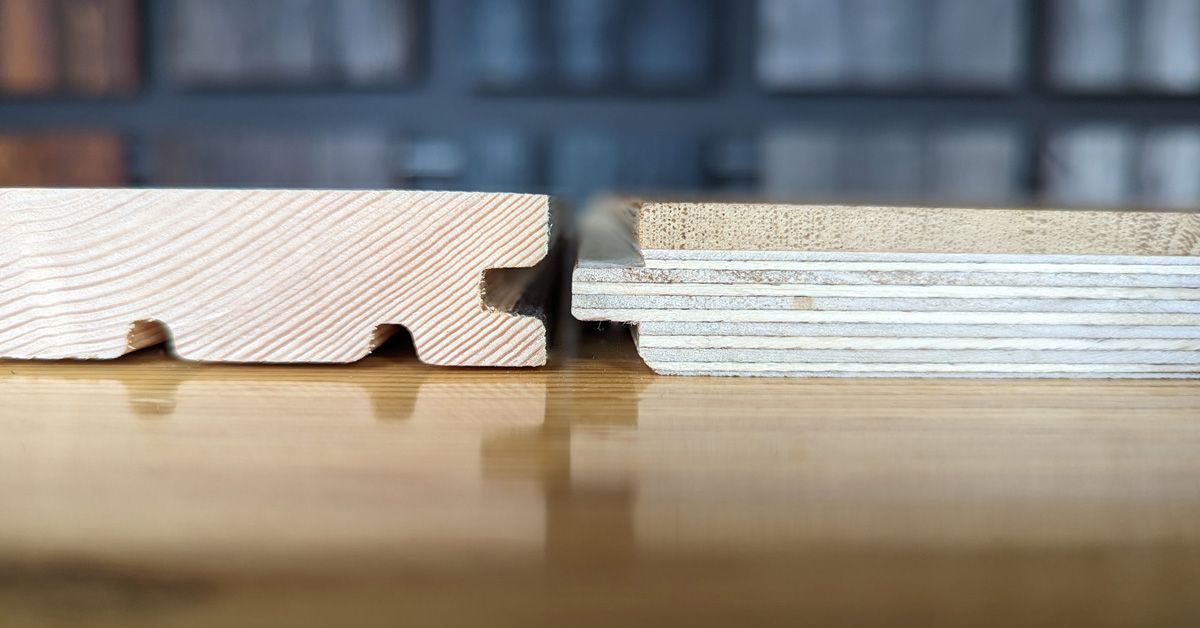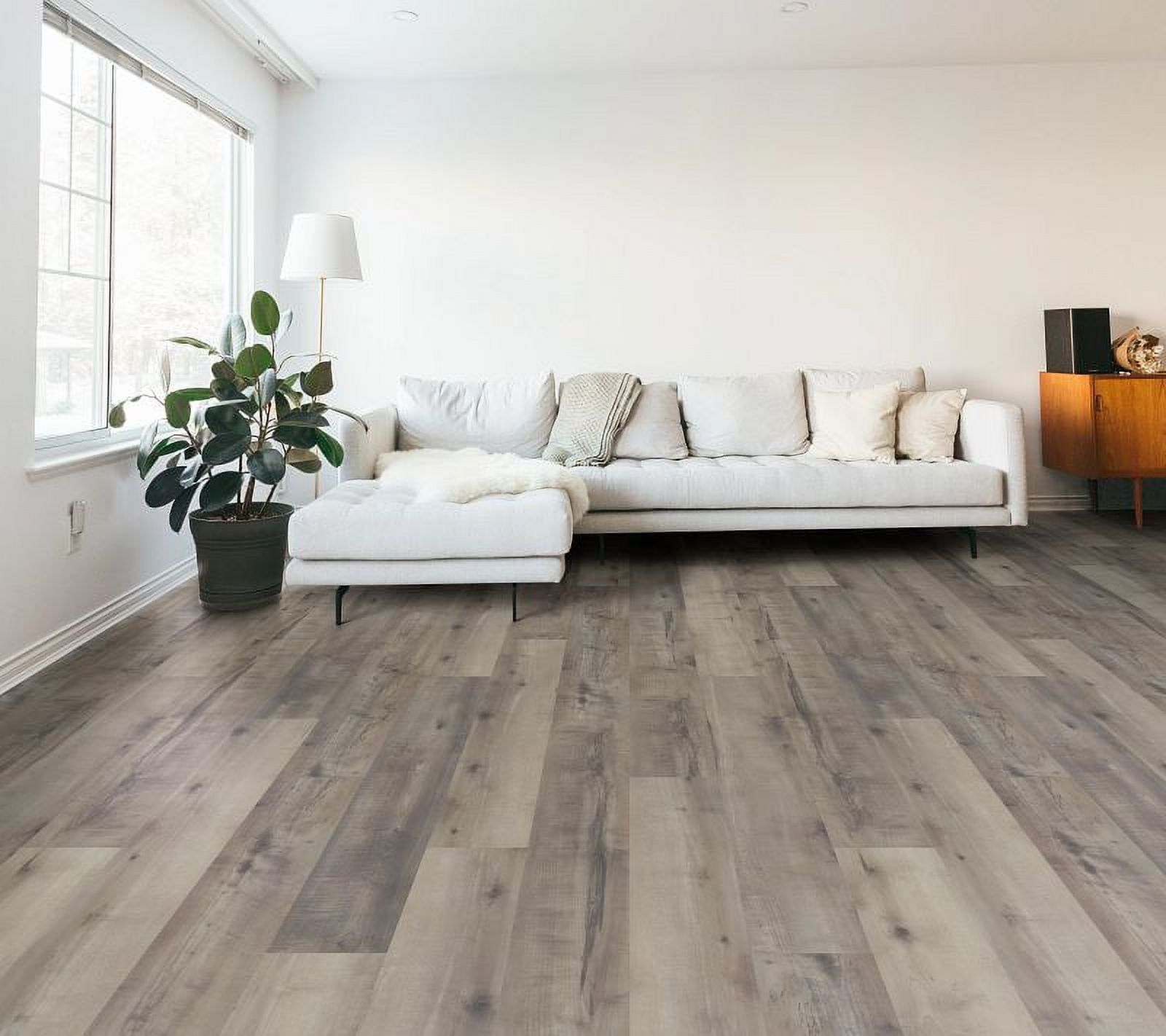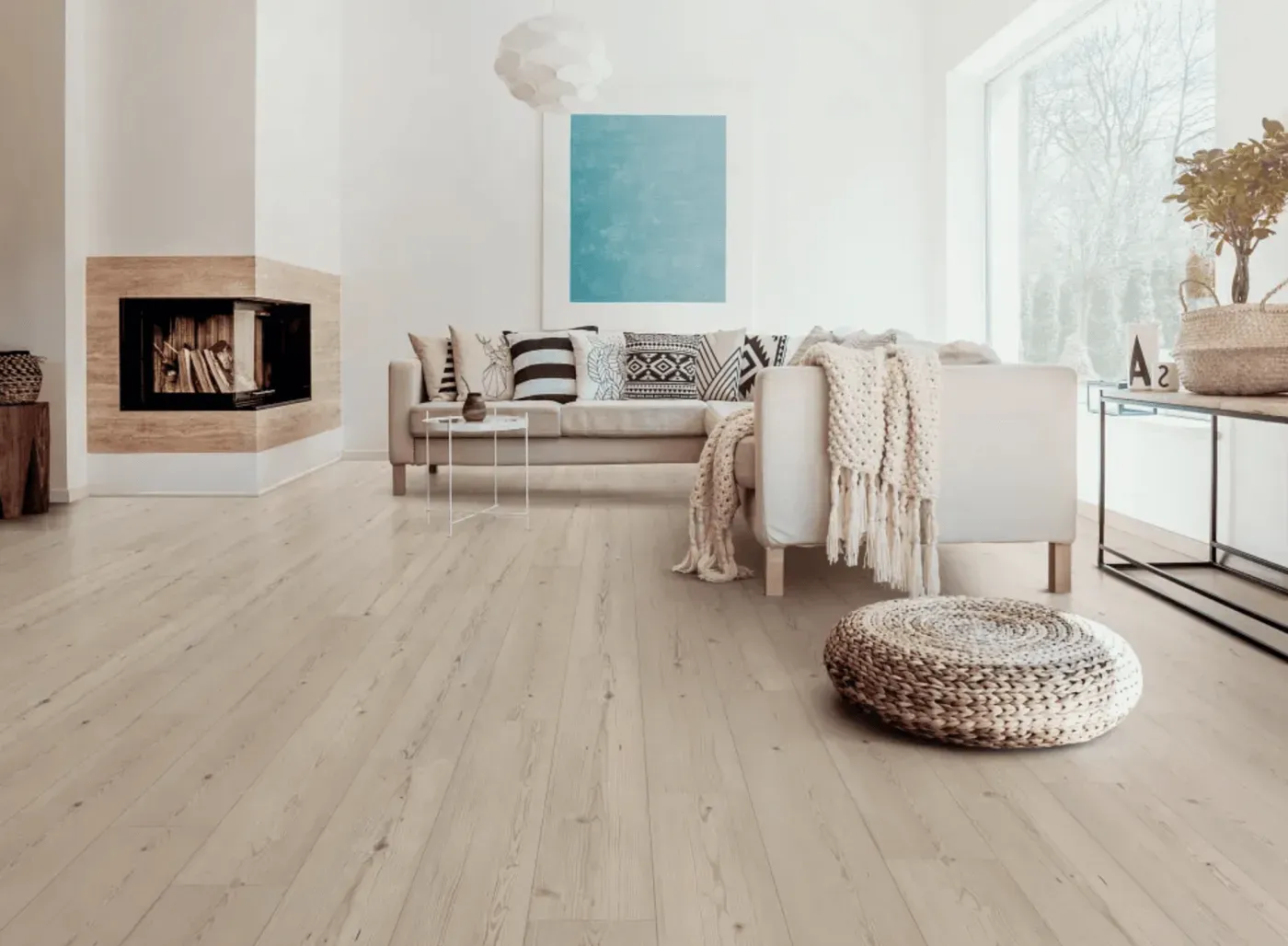Best Flooring for Nashville Kitchens: Durable Options for Southern Homes
Picking the right kitchen floor for your Nashville home can be tricky. You want something that looks good and stands up to spills and foot traffic. The best flooring for Nashville kitchens includes hardwood, vinyl, and tile options that balance style, durability, and easy maintenance.
Hardwood gives a classic, warm look that many homeowners love. It can be refinished if damaged. Vinyl flooring is affordable and comes in many styles that mimic wood or stone. It's also water-resistant and easy to clean. Tile is another great choice. It's tough, waterproof, and comes in endless colors and patterns.
Your ideal kitchen floor depends on your budget, style, and how you use the space. Think about how much cooking you do and if you have kids or pets. You'll also want to consider Nashville's climate and how the flooring will hold up to humidity changes.
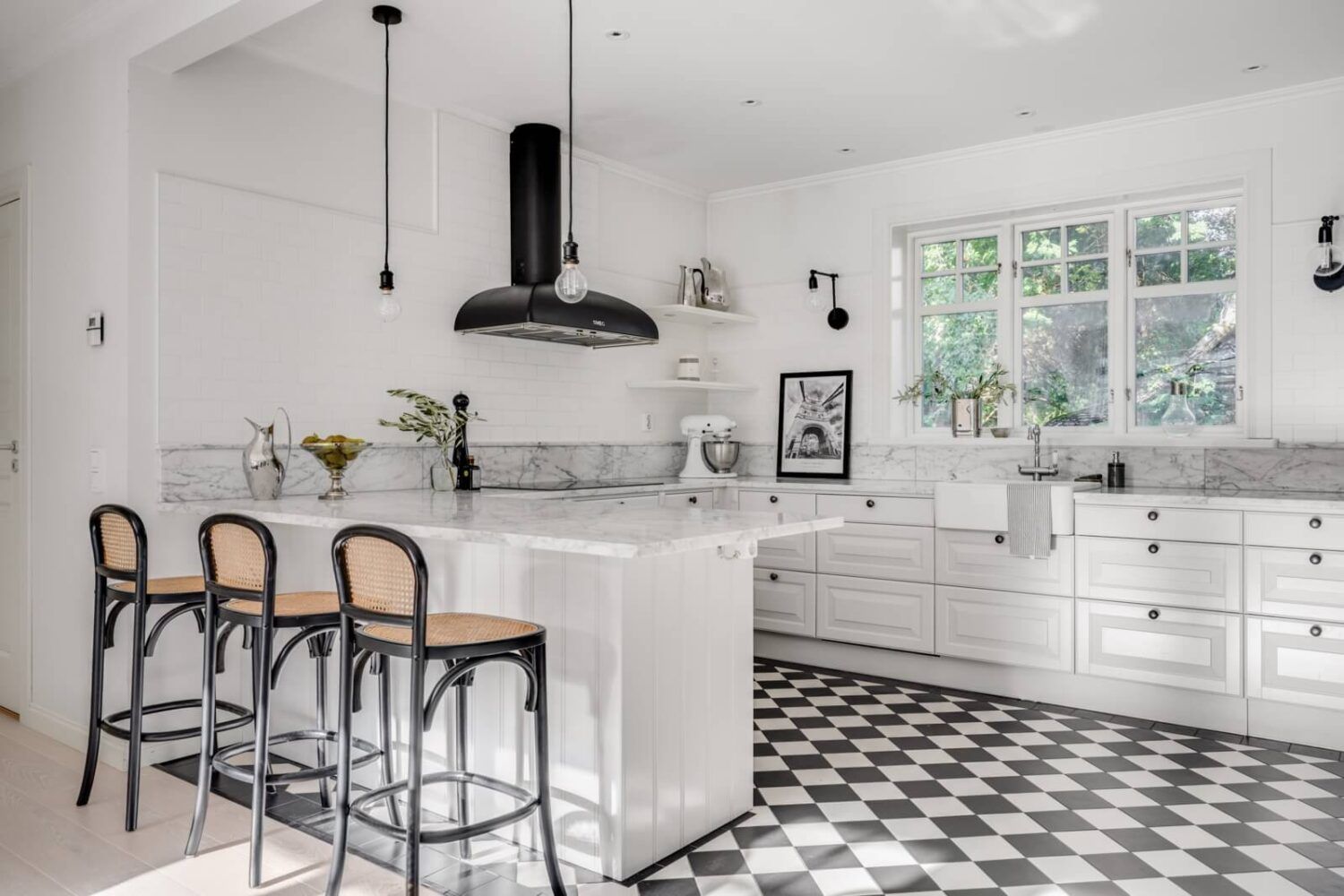
Factors to Consider in Nashville Kitchens
Nashville's unique climate and style preferences play a big role in choosing kitchen flooring. You'll want to pick materials that can handle the local conditions while matching the city's aesthetic.
Climate Considerations
Nashville's humid climate can impact your kitchen flooring. You need flooring that can withstand moisture to avoid warping or damage. Tile and vinyl are good choices for humid areas. They resist water and don't expand in damp conditions.
Wood flooring can work too, but you'll need to take extra care. Use engineered hardwood instead of solid wood. It's more stable in changing humidity. Make sure to seal it well to protect against moisture.
Concrete is another option that holds up in humid climates. It's durable and doesn't absorb water. You can stain or polish it for a stylish look.
Remember to use rugs or mats in high-traffic areas. This helps catch moisture and dirt before it reaches your floors.
Local Aesthetic Preferences
Nashville's style mixes traditional and modern elements. Your kitchen flooring should fit this blend. Hardwood is popular and fits many Nashville homes. It adds warmth and can match both rustic and sleek designs.
For a more rustic look, distressed or reclaimed wood flooring works well. It fits Nashville's country music heritage. If you prefer a modern feel, try wide plank hardwood or bamboo.
Tile is versatile and fits Nashville's style too. Use large format tiles for a modern look. Or try patterned tiles to add character. Hexagon shapes are trendy and eye-catching.
Luxury vinyl plank (LVP) is gaining popularity. It can mimic wood or tile but is more affordable. LVP is also easy to clean and maintain, which is great for busy Nashville kitchens.
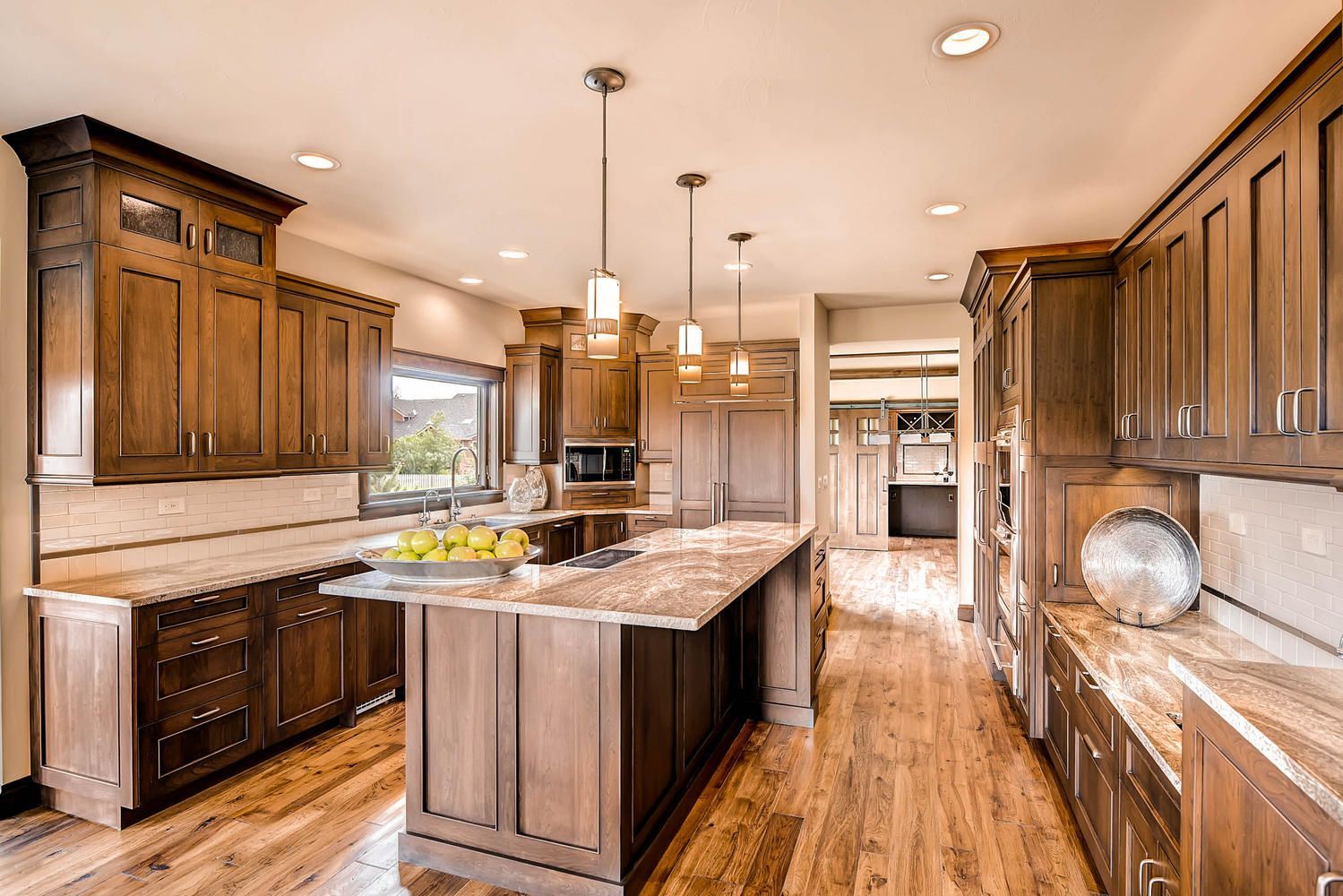
Popular Flooring Materials
Nashville kitchens need durable, stylish floors. These options stand out for their mix of looks and practicality.
Engineered Hardwood
Engineered hardwood gives you the beauty of real wood with added stability. It has a top layer of genuine hardwood over plywood layers.
This structure makes it less prone to warping in Nashville's humid climate. You can choose from many wood species and finishes to match your style.
Engineered hardwood costs less than solid hardwood but still adds value to your home. It's easier to install and can often go right over existing floors.
One downside is that it can't be refinished as many times as solid wood. But with proper care, it can last 20-30 years in your kitchen.
Luxury Vinyl Tile
Luxury vinyl tile (LVT) is tough, water-resistant, and budget-friendly. It mimics the look of wood or stone at a lower price.
LVT stands up well to spills, drops, and foot traffic. This makes it ideal for busy Nashville kitchens. It's also comfortable underfoot and quieter than hard tile.
You can find LVT in a wide range of styles and colors. Some types even have textures that feel like real wood or stone. Installation is often quick and easy, saving you time and money.
LVT won't last as long as real wood or tile. But its low cost makes replacement less painful when the time comes.
Porcelain and Ceramic Tile
Tile is a classic kitchen flooring choice for good reason. It's extremely durable, water-resistant, and easy to clean.
Porcelain tile is denser and less porous than ceramic. This makes it even more resistant to stains and moisture. Both types come in countless colors, patterns, and sizes.
You can create unique designs with tile, from simple squares to intricate mosaics. Tile works well with underfloor heating systems, a nice touch for chilly Nashville mornings.
The hard surface can be tough on dropped items. It's also cold and hard underfoot. But with proper installation and care, tile floors can last for decades in your kitchen.
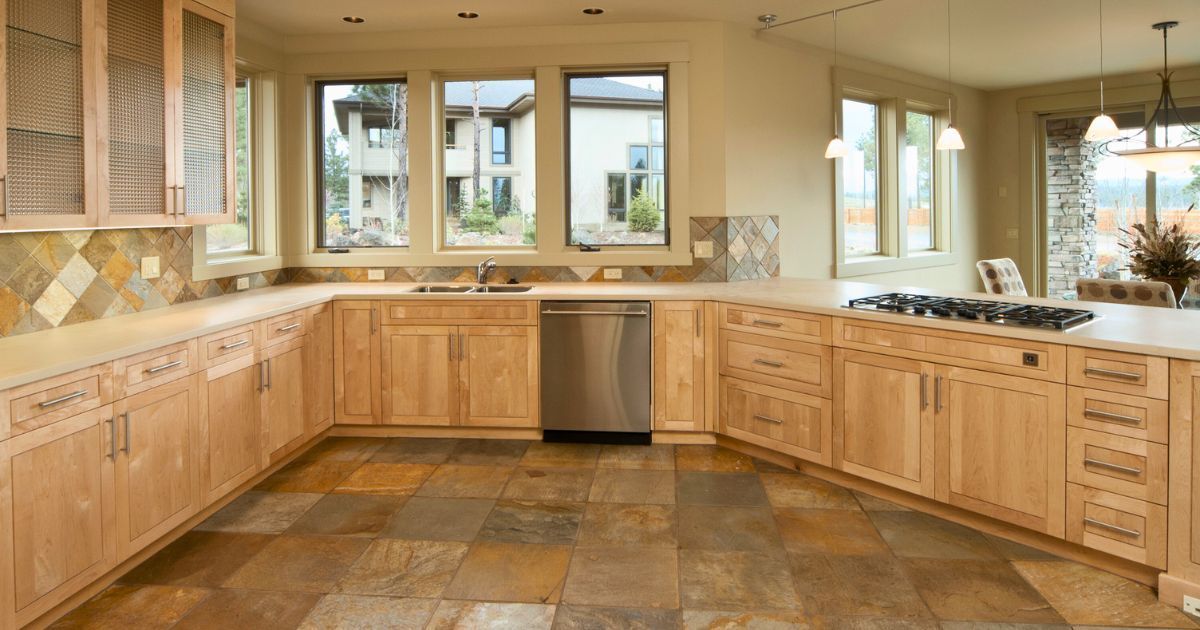
Installation Concerns
Proper installation is key for long-lasting kitchen flooring. The right approach depends on your subfloor and skill level.
Subfloor Requirements
Your subfloor needs to be clean, dry, and level before installing new kitchen flooring. Check for moisture issues, especially with concrete subfloors. Use a moisture meter to test.
For wood subfloors, look for weak spots or squeaks. Fix these problems before laying new flooring. You may need to add a layer of plywood for stability.
Concrete subfloors often need leveling compound to create a smooth surface. This step is crucial for tile and luxury vinyl plank flooring.
Always follow the flooring manufacturer's guidelines for subfloor prep. This ensures your warranty stays valid.
Professional vs. DIY Installation
You can save money by installing flooring yourself, but it's not always the best choice. DIY works well for click-lock luxury vinyl or laminate flooring. These materials are easier to cut and don't require adhesives.
Hardwood and tile are trickier to install. They need special tools and skills. Mistakes can be costly and hard to fix. For these materials, hiring a pro is often worth it.
Professional installers work faster and can handle unexpected issues. They also have the right tools for the job. Nashville has many skilled flooring installers to choose from.
Consider your time, skills, and budget when deciding between DIY and pro installation. Complex layouts or large kitchens are best left to professionals.
Maintenance and Durability
The right kitchen flooring needs to stand up to daily wear while staying easy to clean. Choosing a material that lasts for years without constant repairs saves you time and money.
Cleaning and Upkeep
Ceramic tile is very easy to clean. You can sweep, vacuum, or mop it regularly. For tougher stains, use a mild detergent. Grout lines need extra attention to prevent discoloration.
Hardwood floors need gentle care. Sweep or vacuum often and mop with a damp cloth. Avoid excess water, which can damage the wood. Use wood cleaner for deeper cleaning.
Vinyl and laminate are low-maintenance options. Regular sweeping and occasional mopping with a damp mop is usually enough. Avoid harsh scrubbing or abrasive cleaners.
For all floor types, clean spills quickly to prevent staining. Use mats in high-traffic areas to catch dirt and reduce wear.
Longevity and Reparability
Ceramic tile is very durable. It resists scratches, stains, and water damage. Cracked tiles can be replaced individually without redoing the whole floor.
Hardwood floors can last for decades with proper care. You can sand and refinish them several times to remove scratches and restore shine.
Vinyl and laminate are tough but can't be refinished. Damaged sections often need full replacement. They may not last as long as tile or hardwood.
For any floor type, fix small issues promptly to prevent bigger problems. Regular maintenance helps extend the life of your kitchen floor.
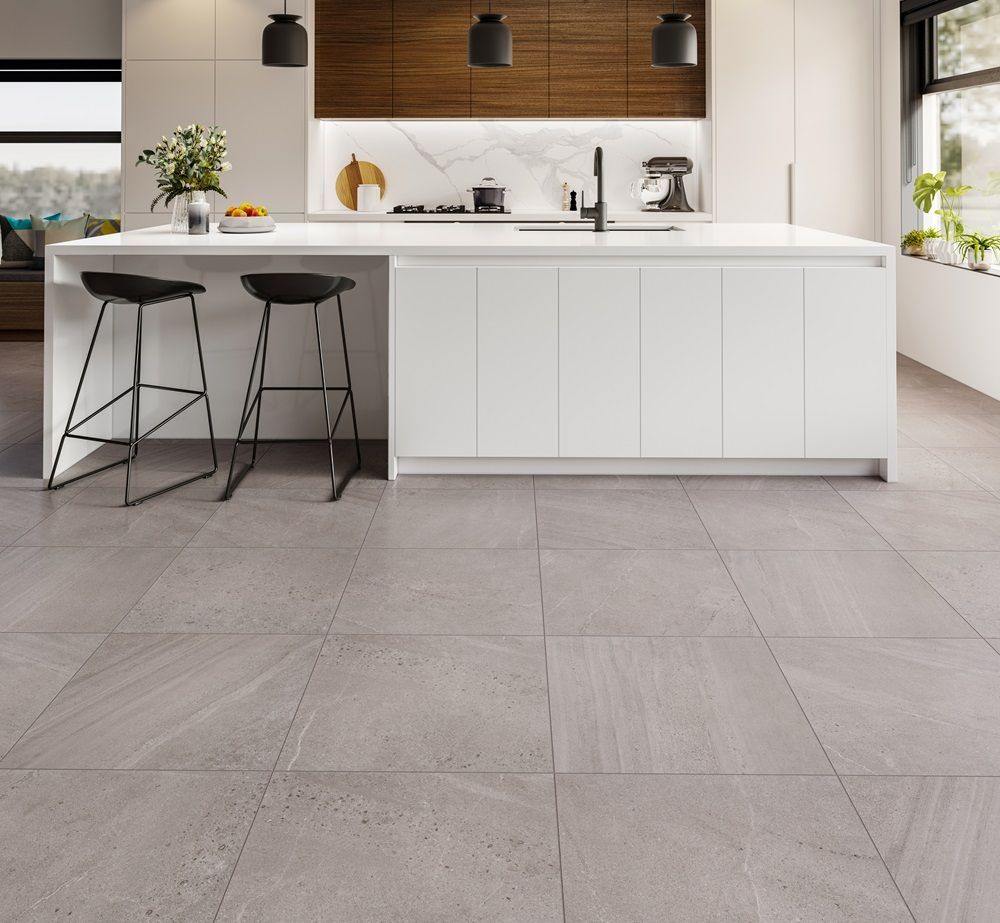
Cost Evaluation
Knowing the costs of different kitchen flooring options helps you make a smart choice. Let's look at material prices and what you'll pay for installation.
Material Costs
Hardwood floors can cost $3 to $10 per square foot. This price can add up fast in a big kitchen. Vinyl and laminate are cheaper but may not last as long.
Tile can range from budget-friendly to high-end. Basic ceramic tiles start around $1 per square foot. Fancy porcelain or natural stone can go up to $20 or more.
Luxury vinyl plank (LVP) is a mid-range option. It often costs $2 to $7 per square foot. LVP gives you a wood look for less than real hardwood.
Installation Expenses
Labor costs vary based on the flooring type you pick. Carpet and tile installers charge different rates than hardwood experts.
Simple vinyl or laminate installation might cost $1 to $3 per square foot. Hardwood can run $3 to $8 per square foot to install. Tile is often the priciest, with labor costs from $4 to $12 per square foot.
Some floors need special prep work. This can add to your bill. Uneven subfloors might need fixing before new flooring goes in.
Remember to factor in extras like baseboards or thresholds. These small items can bump up your total cost.
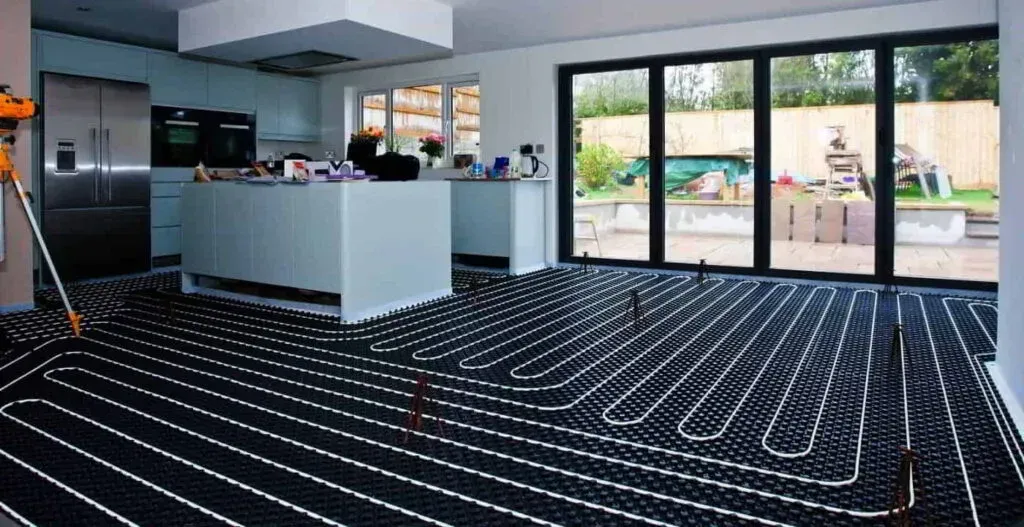
Summing Up
Picking the right kitchen flooring for your Nashville home is key. You have many great options to choose from.
Hardwood brings timeless charm but needs care. Luxury vinyl offers durability and style at a lower cost. Tile stands up well to spills and heavy use.
Think about your budget, lifestyle, and the look you want. Don't forget to consider how the flooring will handle Nashville's climate.
For expert help with your kitchen flooring project, turn to Nashville Flooring Company. We know local needs and can guide you to the perfect choice.
Our team can install your new floors with skill and care. You'll enjoy a beautiful, long-lasting kitchen floor that fits your home just right.
Contact Nashville Flooring Company today to explore your options and get started on your kitchen upgrade.
